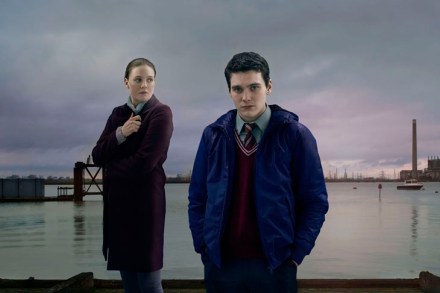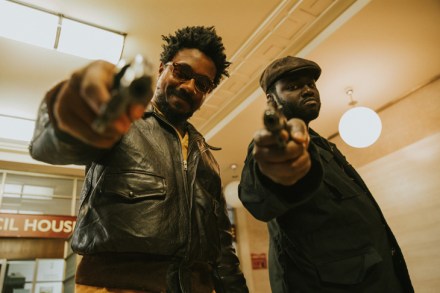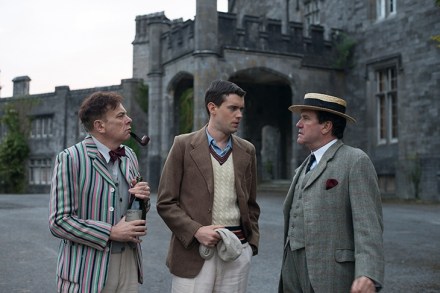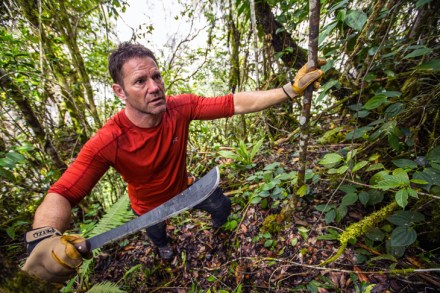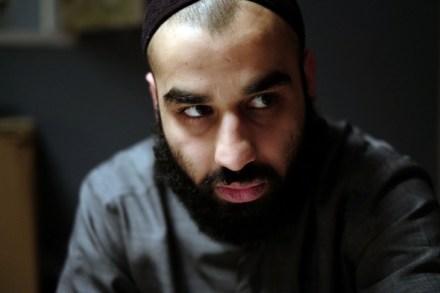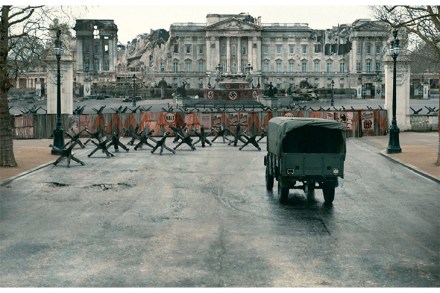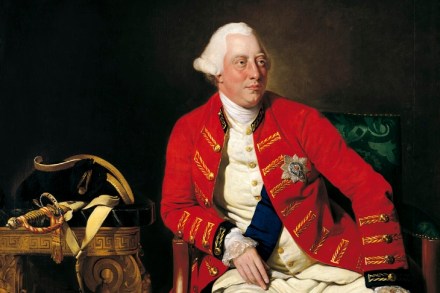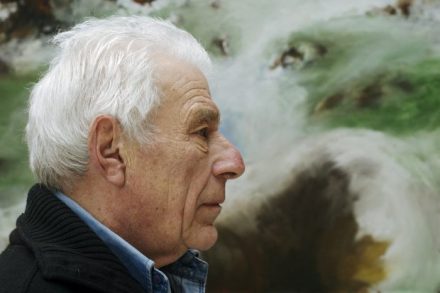Psycho thriller
Psychological thrillers — or ‘thrillers’ as they used to be known — have become almost as ubiquitous on television as they are in the average bookshop. On the whole, this is now a genre where contented domesticity exists solely to be undermined, and where the chief function of the past is to come back and haunt people — which is clearly what it’s going to do in Channel 4’s Born to Kill, even if Thursday’s increasingly intriguing first episode was in no hurry to explain exactly how. To begin with, 16-year-old Sam (Jack Rowan) seemed to be on a solo mission to overturn all preconceptions about teenage boys. He started
